What is Flood Zone X?
April 29, 2022 | By Chuck Shaver
What is Flood Zone X?
Have you ever wondered why the terms used in real estate are so confusing? For instance, “What is flood zone X?”. What the heck is a flood zone? Does it even matter to me? These are GOOD questions, and questions that SHOULD matter to you! Hopefully this will help YOU understand what Flood Zone X means here in Florida.
First, let’s address what a flood zone is. Here in Central Florida, we’re just about 80 feet above sea level. As such, when the rains come, whether it’s our regular afternoon thunderstorms or a summer hurricane, it often comes in bunches and sometimes this water takes time to run off or soak in and flooding often ensues. As such, a flood zone is something we should be aware of. FEMA, that’s the Federal Emergency Management Agency, says that a flood zone is an area that describes an area in terms of its risk of flooding. There are many flood zones, but here in the inland part of Central Florida, we primarily see zones X, A, and AE so I’ll only be talking about those flood zones.
Flood zone X is an area with MODERATE flood risk, whereas Flood Zones A and AE have an increased, like 1%, risk of flooding per FEMA. When I’m helping someone locate or sell a home or parcel of land, checking the FEMA flood zone is almost always one of the very first things I’m checking.
Building or owning property in Flood Zones other than X does NOT mean that it WILL flood, rather that there’s an INCREASED chance of it happening and that your lender may require flood insurance if you own there.
FEMA determines the flood zones by the area’s history of flooding, and they have maps that are available as part of Public Records, at least here in Central Florida.
If you want the easy button for what your flood zone is, you can quickly enter your address here to find out what flood zone you’re in. The FEMA website has a lot of information, although it can be dizzying, about flood zones, so check it out.
Can my home flood in Flood Zone X? Yes, your home could still flood, and if your home floods you may or may not be covered for it. So, take some time NOW to look over your homeowner’s insurance policy to see IF you have coverage. AFTER a flood is a bad time to learn that you aren’t covered. You shouldn’t trust anyone else to tell YOU whether you need insurance unless they’ll be there to cover you after an emergency happens.
It is important to note, that FEMA inspectors have not walked every inch of land and, as such, just because an area, perhaps a small area, is in say, Flood Zone AE, that it WILL flood. Pay attention to the vegetation in the area. For instance, large Live Oak Trees don’t typically grow in wet areas, whereas other trees, like Bay Trees or Cypress can tolerate a good bit of water.
Also, flood maps do change over time. So, if you’re right on the edge of Flood Zone X, keep in mind that you could potentially be in another flood zone one day. If that happens, your insurance carrier may require an elevation certificate, which is a document that certifies your property’s elevation relative to estimated height floodwaters could reach should a flood occur.
Do I need flood insurance for Flood Zone X? In this area, at this time, I’m not aware of any insurance companies in Florida that require flood insurance for Flood Zone X. It isn’t mandatory because determining the level of risk is very difficult for insurance companies to do. However, as I noted before, pay attention to the vegetation and maybe ask around to see IF your area has flooded and make the determination YOURSELF about whether YOU need flood insurance. If you’re in Flood Zone X and have an abundance of Cypress trees in your area, I’d be on that phone pretty quick! It’s important to note that, at the time of this recording, it only matters where the DWELLING is. So let’s suppose you have a parcel of land with a dwelling at the northern end of the property, which is Flood Zone X, and the rest of the property is Flood Zone A, then your lender may not require flood insurance.
You can go directly to FEMA’s website to do your own research. I’m not an insurance agent or even an expert in this area for that matter. I’m just a local real estate agent that deals with this stuff regularly, and I’m always getting questions about flood zones and I’m always just telling my customers that they want Flood Zone X. If you have additional questions about flood zones, or any other real estate related topic, reach out to me directly.










